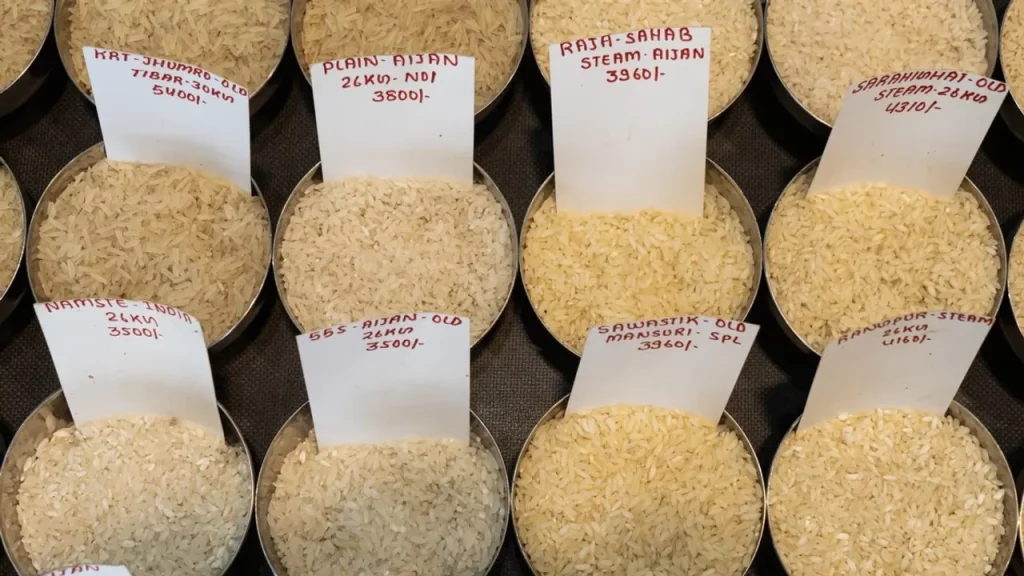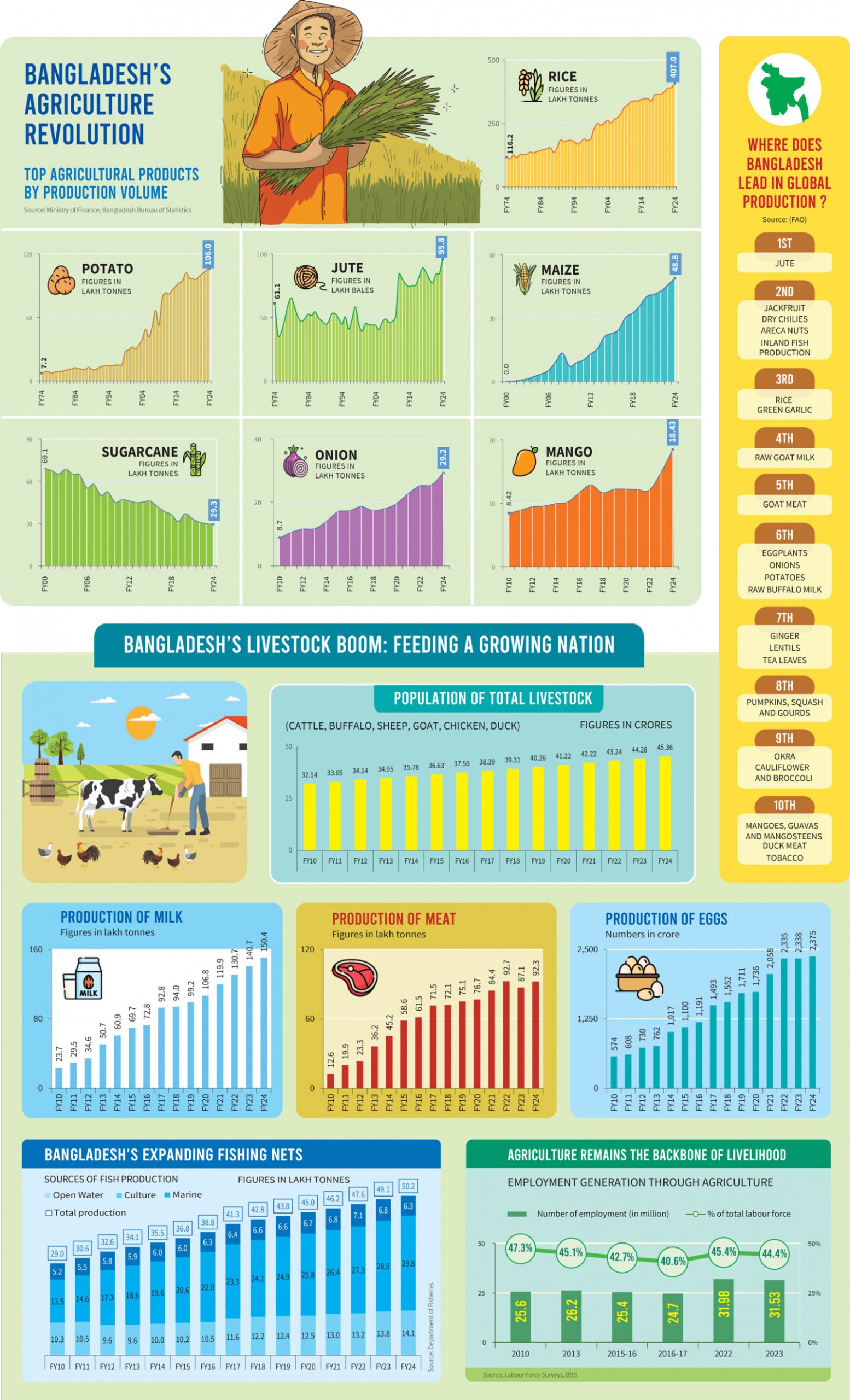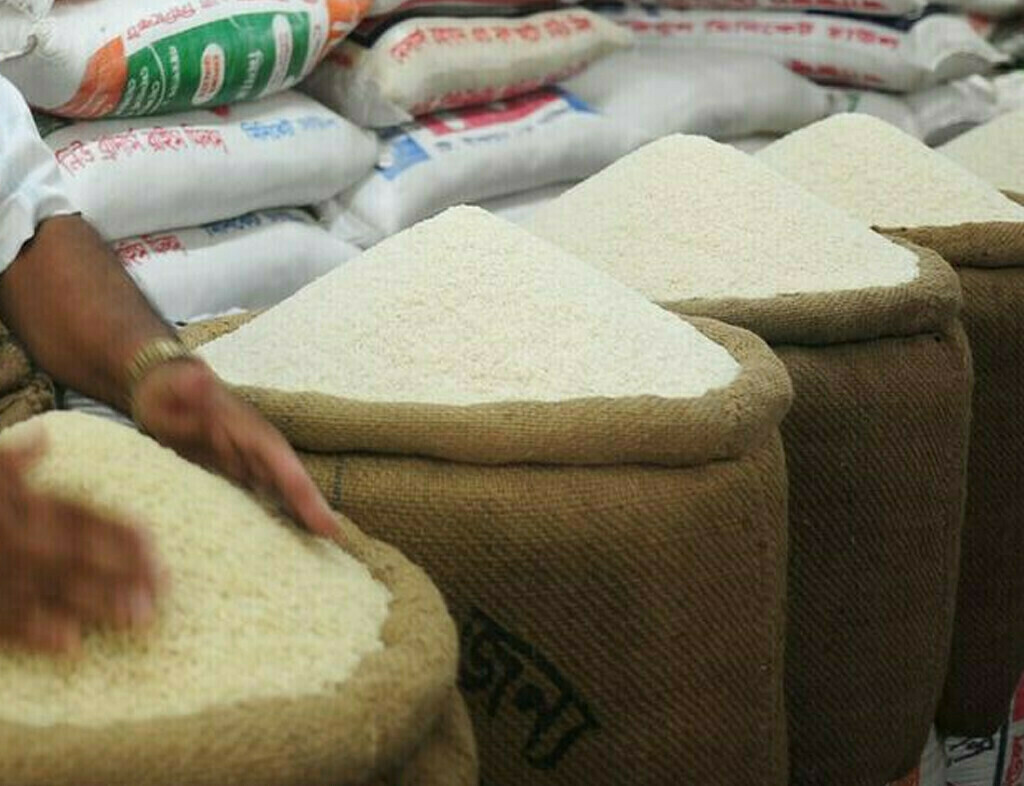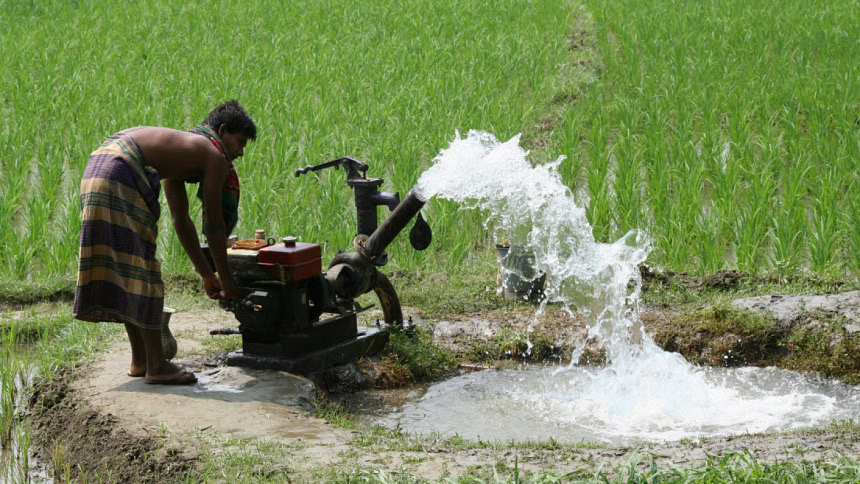Tags
Global Rice Crisis Hits a 20-Year High: Navigating the Aftermath of India’s Export Bans
India’s export bans on rice have sent shockwaves through global markets, impacting food security in developing countries. As nations search for solutions, international cooperation and a long-term approach are essential to address the root causes of food insecurity.

Global Rice Crisis Hits a 20-Year High: Navigating the Aftermath of India’s Export Bans
In a world where the balance between domestic needs and international responsibilities is ever so delicate, the recent actions by India to ban exports of certain rice varieties have sent shockwaves through global markets, affecting countries far beyond its borders. With India accounting for a staggering 40% of global rice exports, the implications of these bans are profound, marking the most significant crisis the global rice market has witnessed in two decades.
The Ripple Effect of India’s Export Bans
It began in September 2022, a decision that perhaps seemed reasonable to some, necessary to others. India imposed a ban on the exports of broken rice and introduced a 20% duty on exports of some other rice varieties. The intent was clear: to ensure domestic availability of this staple amid rising food insecurity. But as the months rolled on, the situation grew more dire. July 2023 saw an extension of these bans to include exports of plain, white, long-grain rice. The impact was immediate and far-reaching, with global rice prices spiking by 15% to 20%, reaching their highest point in nearly 12 years, according to data from the International Food Policy Research Institute.
For developing countries in Africa and Southeast Asia, heavily reliant on India’s rice exports, the consequences have been severe. These regions now face significant threats to food security, grappling with the challenge of finding alternative sources of this essential grain. The crisis has been exacerbated by rising input costs for energy and fertilizer, which have not been offset by comparable increases in rice prices, putting additional pressure on rice farmers worldwide. In response, the U.S. Congress passed $250 million in supplemental funding to support struggling rice farmers, highlighting the global nature of this crisis.
Searching for Solutions Amidst Crisis
The question on everyone’s mind is: what can be done to mitigate the impact of these export bans? Countries like Pakistan have seen a significant increase in rice exports as they attempt to fill the gap left by India’s absence. However, this is but a temporary solution to a problem that requires a more strategic and long-term approach. Efforts to enhance local rice production in affected countries are underway, but these initiatives face challenges from erratic weather patterns and the increasing cost of agricultural inputs.
Moreover, there’s a growing recognition of the need for international cooperation to ensure food security. The current crisis underscores the delicate balance between a country’s right to protect its domestic food supply and its role in the global food supply chain. Finding a path forward will require dialogue, collaboration, and perhaps most importantly, a shared commitment to addressing the root causes of food insecurity.
Looking Ahead: The Future of Global Rice Markets
As we navigate the ramifications of India’s rice export bans, it’s clear that the road to recovery will be long and fraught with challenges. Yet, it also presents an opportunity for the international community to come together, to rethink how we manage the delicate interplay between domestic priorities and global responsibilities. The crisis has sparked a much-needed conversation about the sustainability of our food systems and the importance of resilience in the face of uncertainty.
For countries hardest hit by the rice crisis, the journey ahead will require ingenuity, perseverance, and international support. As global citizens, it’s incumbent upon us to recognize the interconnectedness of our food systems and the collective action required to ensure that no country is left vulnerable to the whims of market dynamics or unilateral policy decisions. Together, we can forge a path to a more secure and sustainable future for all.
https://bnnbreaking.com/world/global-rice-crisis-hits-a-20-year-high-navigating-the-aftermath-of-indias-export-bansPublished Date: February 25, 2024






